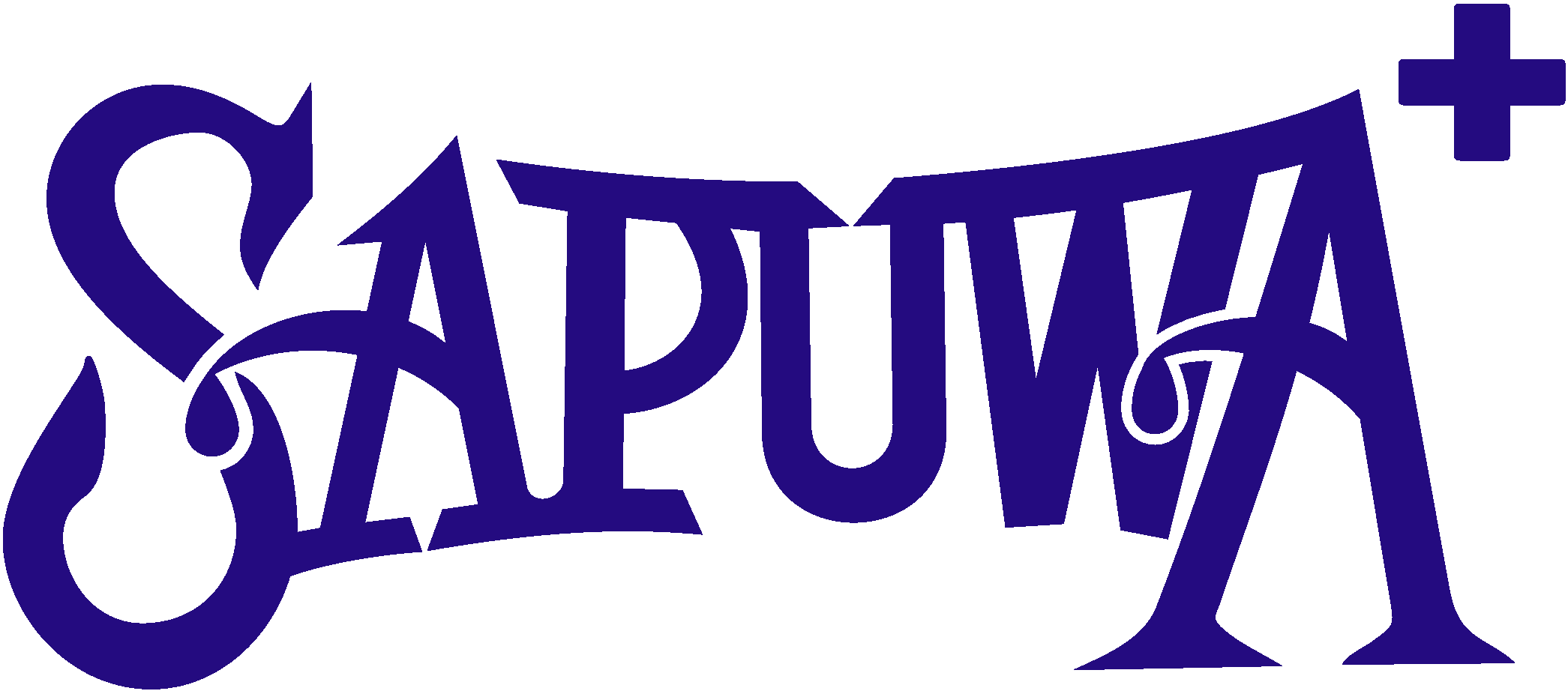How should heavy workers drink water properly
Heavy labor is work that requires high strength and endurance, and is often exposed to harsh environments. Adequate water supplementation is an important factor in maintaining health and work productivity for this group of people. This article will help you better understand the importance of drinking water for heavy workers, the signs of dehydration and instructions on how to drink water scientifically to ensure optimal health.
1. What are the jobs of heavy labor?
Heavy labor is work that requires great muscle strength, often repeats movements over long periods of time, and often takes place in harsh environments. This means that the worker's body is subjected to great pressure, from lifting heavy objects, pulling, pushing, to working in conditions of high temperature, high humidity, or exposure to toxic substances, dust.
Typical occupations with a lot of heavy labor include construction, agriculture, transportation, industrial manufacturing, mining, and several others. For example, a construction worker may have to carry heavy materials, plaster walls, or work at heights for long periods of time in the hot sun. A farmer has to plow, harvest, and take care of crops in harsh weather conditions.
General characteristics of heavy labor:
-
Large energy consumption: The worker's body must consume a large amount of calories to maintain high-intensity activity, leading to rapid fatigue if not provided with enough energy.
-
Loss of water through sweat: To cool the body in harsh working conditions, we sweat more, causing serious dehydration if not compensated promptly.
-
Loss of mineral salts: Sweat not only contains water but also contains many important mineral salts such as sodium and potassium, necessary for the body's functioning. Losing too much mineral salt can cause health problems such as cramps, fatigue, and dizziness.
-
Risk of injury: Heavy labor often carries a high risk of injury, especially injuries to the back, joints, and muscles.
-
Effects on long-term health: Working hard for long periods of time can cause many long-term health problems such as osteoarthritis, respiratory diseases, spine-related diseases, and even spinal diseases. other chronic.
2. Signs of dehydration in heavy workers
When working hard, our bodies sweat a lot to regulate temperature. If water is not replenished adequately and promptly, the body will fall into a state of dehydration, causing many negative effects on health. Below are some typical signs of dehydration that heavy workers often encounter:
-
Thirst: This is the first and most obvious sign. The feeling of thirst often appears when the body has lost a significant amount of water.
-
Fatigue and depression: Lack of water reduces the efficiency of cells in the body, especially nerve cells, causing feelings of fatigue, drowsiness, depression and reduced ability to concentrate.
-
Headache, dizziness: Dehydration reduces blood flow to the brain, causing symptoms such as headache, dizziness, lightheadedness, and can even lead to fainting, especially when changing positions suddenly. .
-
Frequent urination, dark urine: When the body is dehydrated, the kidneys will try to retain water to maintain important functions. This leads to infrequent urination and dark yellow or amber urine.
-
Dry, wrinkled skin: Skin is the body's largest organ and requires a certain amount of water to maintain moisture. When dehydrated, the skin will become dry, flaky, wrinkled, and even have small cracks appear.
-
Dry mouth, dry throat: Lack of water reduces the amount of saliva in the mouth, causing a feeling of dry mouth, thirst and difficulty swallowing.
-
Muscle contractions: Dehydration reduces the efficiency of muscles, causing muscle contractions, especially in frequently active muscle groups such as calves and arms.
-
Heart palpitations: When dehydrated, the heart has to work harder to pump blood throughout the body, leading to heart palpitations.
3. How to properly drink water for heavy workers
Drink water properly
-
Before work: You should drink about 400-600ml of water about 2 hours before starting work. This helps the body have enough water to prepare for the upcoming intense activities.
-
While working: Drink small, frequent sips, even if you don't feel thirsty. It's best to carry a bottle of water with you and drink regularly every 15-20 minutes. Drinking water even when you are not thirsty will help your body stay hydrated.
-
After work: Continue drinking water to compensate for the amount of water lost through sweat. You can drink water, juice, or sports drinks to replenish electrolytes.
Temperature and type of drinking water
-
Temperature: You should drink water at a temperature of 15-20 degrees Celsius so that your body can easily absorb it. Avoid drinking water that is too cold or too hot.
-
Water type: Filtered water is the best choice. In addition, you can drink fruit juices and vegetable juices to supplement vitamins and minerals. However, you should be careful not to drink too much carbonated soft drinks because they can cause bloating and are not good for your health.
Factors affecting water demand
Labor intensity and duration, environmental temperature, humidity, health status... are important factors that affect each person's water needs. For example, on hot days, when working outdoors, we will sweat more and need to drink more water than on cool days.
Through the above article, we hope you have clearly understood how heavy workers drink water properly and replenish water promptly at each time. Water is not only a refreshing drink, but also an essential element to maintain life and health. For heavy workers, providing enough water not only helps enhance work performance but also contributes to preventing diseases related to dehydration. Therefore, always remember to drink enough water every day to have a healthy and active body.
Relative post
- The secret to staying hydrated when traveling for a complete trip
- What should women over 30 drink to have beautiful skin and a youthful figure?
- Where should you go on September 2 in Ho Chi Minh City - Top 10 extremely hot places today
- September 2nd, where should we travel to heal our souls?
- Explain what electrolyte disorders are and effective ways to prevent them
- Alkaline ionized cooking water does not reveal surprising benefits
- Electrolyzed water to treat atopic dermatitis takes advantage of natural power
- Ways to alkalize the body protect health and prevent disease
- 5 signs of excess acid in the body and effective ways to balance it
- The secret to drinking water properly after eating to protect your health
- Types of water you should and shouldn't drink at night for a good night's sleep
- The secret to making tea with alkaline ionized water is especially delicious








 0
0


